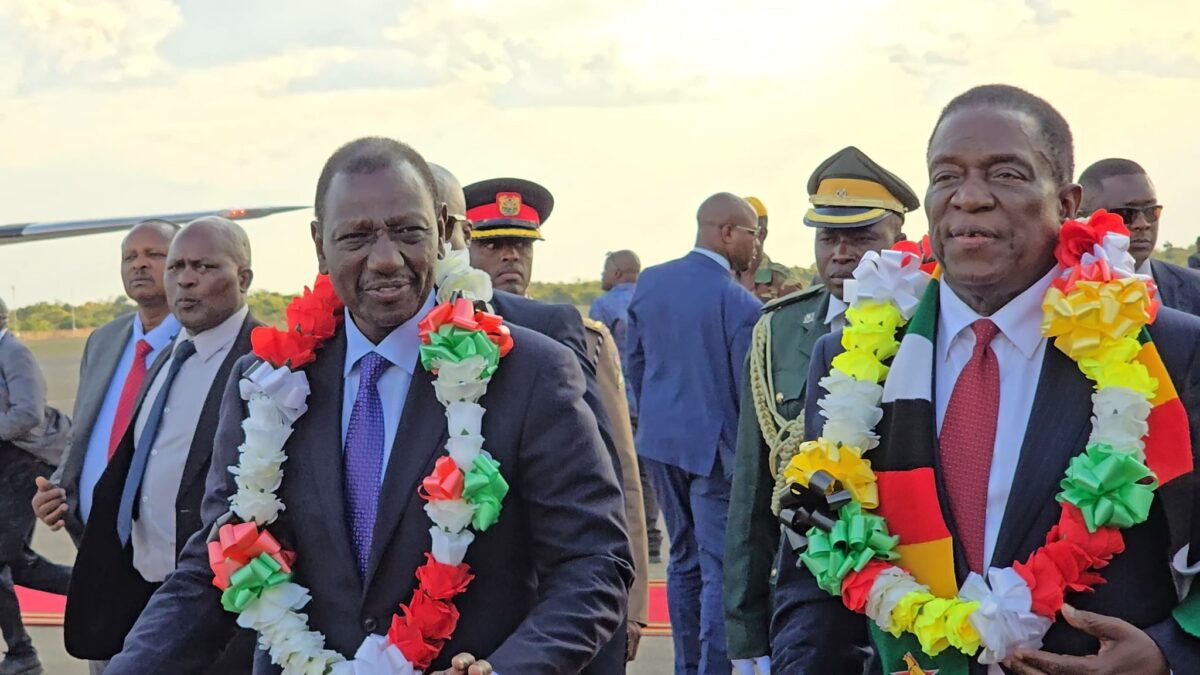HARARE – Some inept social welfare ministry officials charged with the distribution of Covid-19 allowances to the poor during the peak of the pandemic channelled millions of dollars towards undeserving urbanites.
This was revealed in a report by parliament’s Public Accounts Committee (PAC) following its enquiry into the roll-out of the government humanitarian package.
The funds were disbursed by Treasury to lessen the financial troubles of the vulnerable after a government imposed lockdown decree that kept many sectors of the economy away from business.
According to the report, around ZWL $89 million disbursed by Treasury for distribution to beneficiaries through the Social Welfare ministry via NetOne’s OneMoney platform vanished.
In the report, the ministry was also flagged for failure to compile reconciliations and confirmation reports.
PAC is headed by Brian Dube, while other members include Ozias Bvute, Temba Mliswa, Energy Mutodi and Dexter Nduna.
The committee said failure by the ministry officials to submit records of assessment to the Auditor General “is clear testimony that proper procedures were not followed”.
“As a result, undeserving people could have benefited at the expense of those who deserved the allowances.
“The Kwekwe and Zvishavane District Social Development Offices (DSDO) did not avail for audit inspection, documentary evidence to show that the urban food beneficiaries who received cash disbursements totalling $187 000 and $3 806 300 respectively during the months of April, May, July and August 2020 were assessed to determine whether or not they qualified to be in the urban feeding programme,” read the report.
It emerged ministry distributed allowances to people who approached its officials, a process that could have been abused.
“The Ministry officials indicated that the criteria for eligibility of persons were in two parts as follows; self-targeting, where applicants approach the Social Welfare Offices and apply for assistance and considered after a means test; and community-based targeting, where communities participate in identifying eligible beneficiaries as guided by the officials who then conduct verification exercises.”
Probed on why the District Welfare Offices had not complied with stipulated requirements as prescribed in the statutes spelling out criteria for selecting beneficiaries of the Urban Feeding Programme, ministry officials admitted that for the community-based targeting and in all targeting criteria, there should have been rigorous follow ups to the beneficiaries to ensure that those in need and deserving people were covered.
“The Committee was informed that the Ministry had recently updated the food deficit mitigation programme manual for the rural food assistance programme and it was this same module that had been used for the urban areas but given the difference in dichotomies between rural and urban areas the Ministry had realised that they cannot be the same and hence the different manuals.”
















